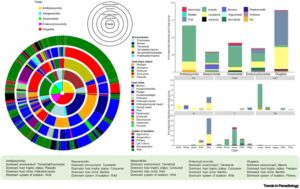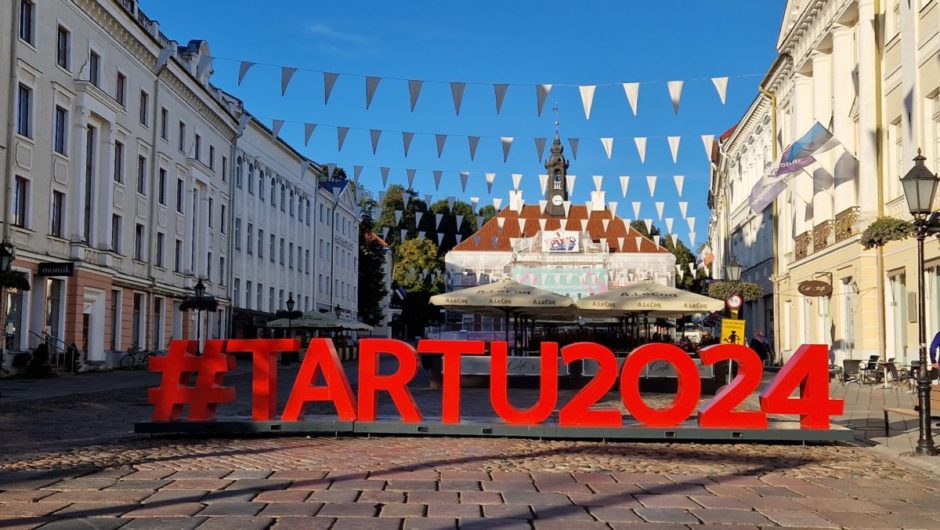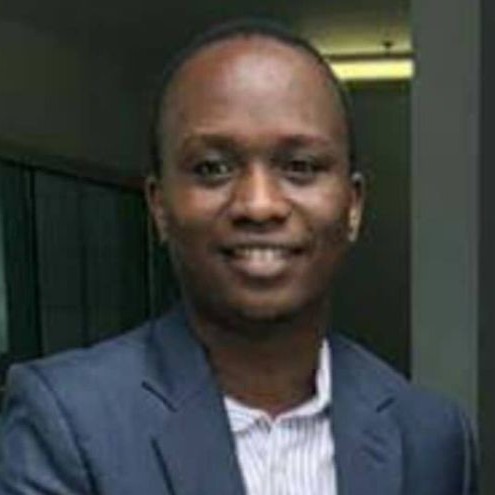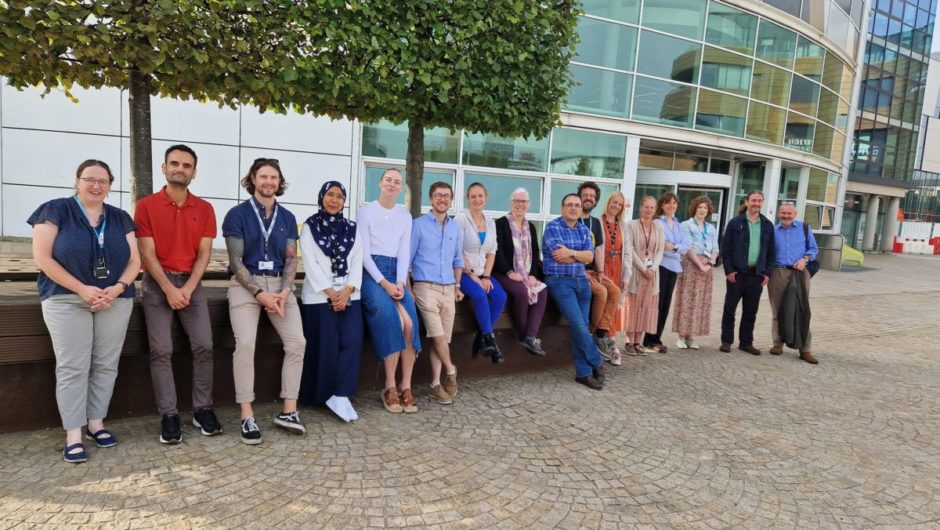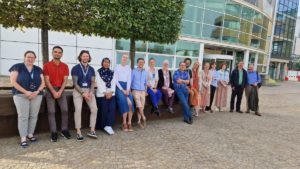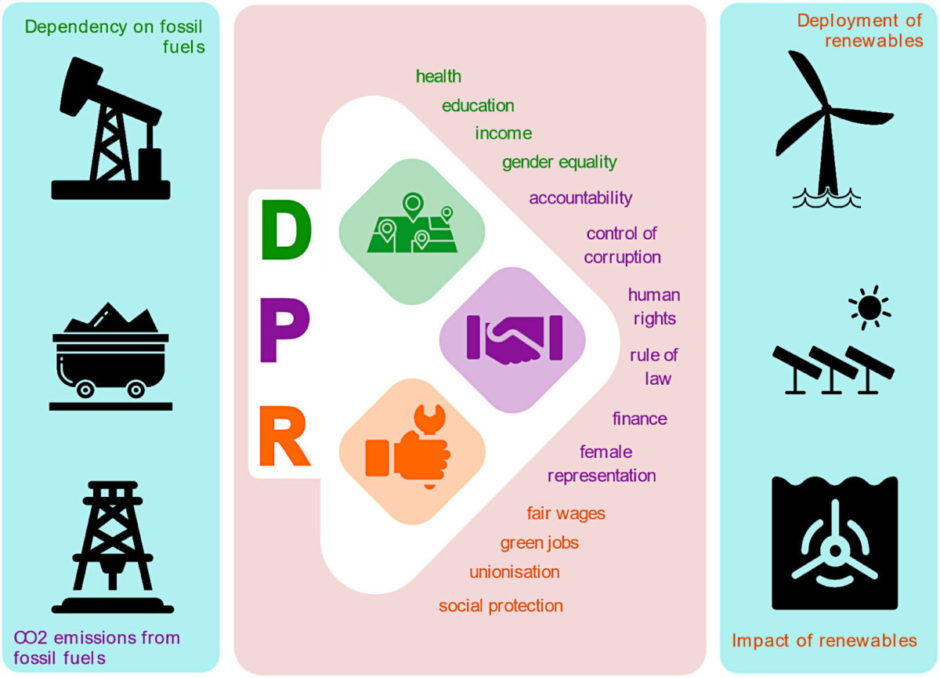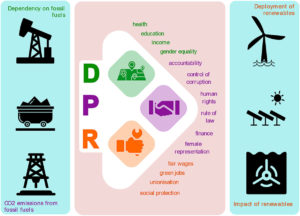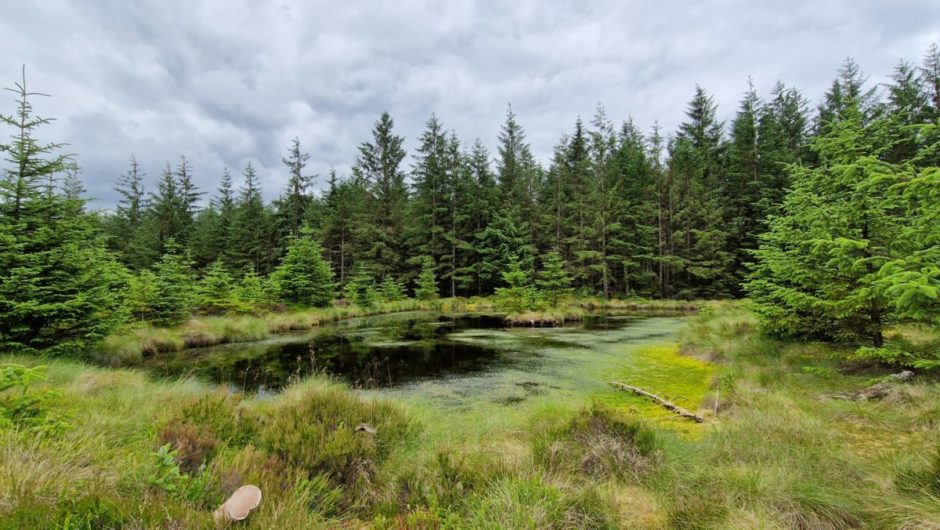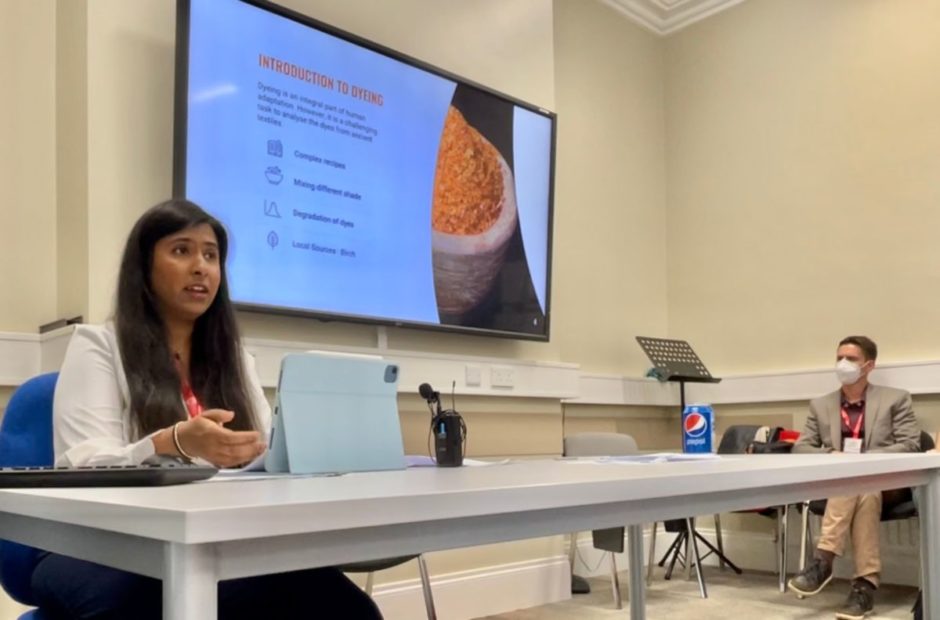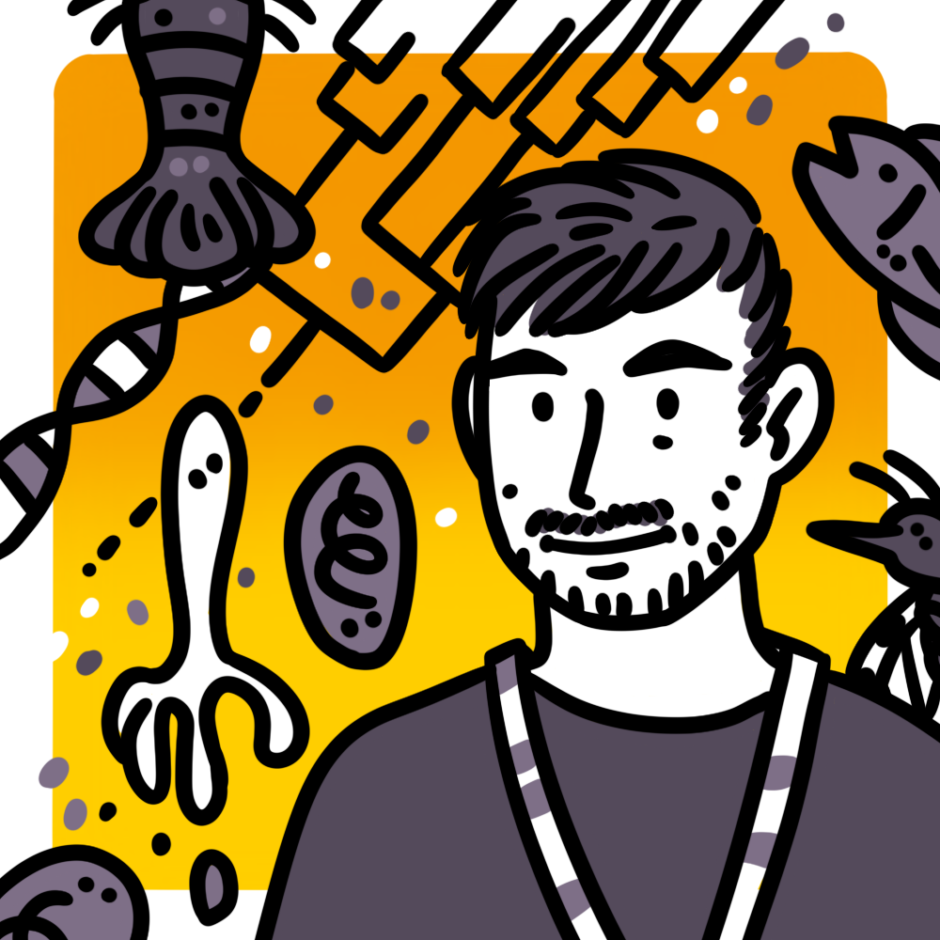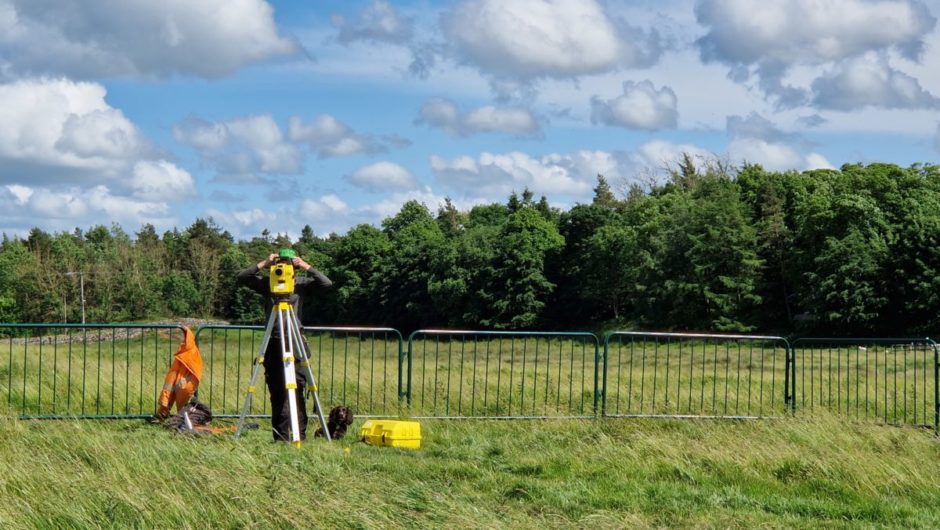Presenting my PhD research at the biggest Archaeological conference.
On September 1st and 2nd, I had the privilege of attending the European Association of Archaeologists (EAA) conference in Belfast, UK which is one of the biggest archaeological conferences. During the conference, I had the opportunity to share my findings and engage with fellow scholars and researchers in the field. I presented my research on the Unravelling of textile production in the Roman frontier which was in collaboration with Gillian Taylor (Director of Studies), Marta Alberti (Deputy Director of Excavations at Vindolanda Trust, UK) and Heather Hopkins (Independent Research who provided the birch dyed wool for the experiments). Our research aimed to provide a comprehensive understanding of the textile production techniques employed by the Romans in their frontier regions as well as shed light on experimental archaeology like dyeing textiles with local dyes like Birch.
I was in the first session after lunch on 2nd September. I had expected a moderate turnout for my presentation since textile production in the Roman frontier might not be a topic of interest to everyone. However, to my surprise, the room was packed with attendees eager to learn about Roman textile production and dyeing. The interest and engagement of the audience during my presentation was truly inspiring. I saw everyone attentively listening to what I was trying to explain and actively taking notes. I saw some people taking pictures of all my slides as well as 3-4 people raising their hands to ask questions and seek clarification on certain aspects of my research. One of the questions raised during the Q&A session was regarding extraction of dyes such as birch and if the methods are applicable to other dyes as well. I personally thought it was the best time to ask me this particular question because it was only a few weeks before this conference that I worked in the lab trying to find an answer to this question, which is yes! It was wonderful to see that the audience was genuinely interested and engaged with my research. This also gave me an experience of understanding what questions I could be asked for my PhD viva soon.
The EAA conference in Belfast provided a valuable platform for scholars and researchers to exchange knowledge and ideas about several research topics from all around the world. It was a massive conference with at least 50 sessions being conducted simultaneously in different parts of the University. This conference provided a diverse range of perspectives and insights into the study of colours, dyes and textiles allowing me to broaden my understanding and refine my research further. The experience of presenting my research at the EAA conference in Belfast was both exciting and rewarding and I am immensely grateful that I was given this opportunity.
This slideshow requires JavaScript.
